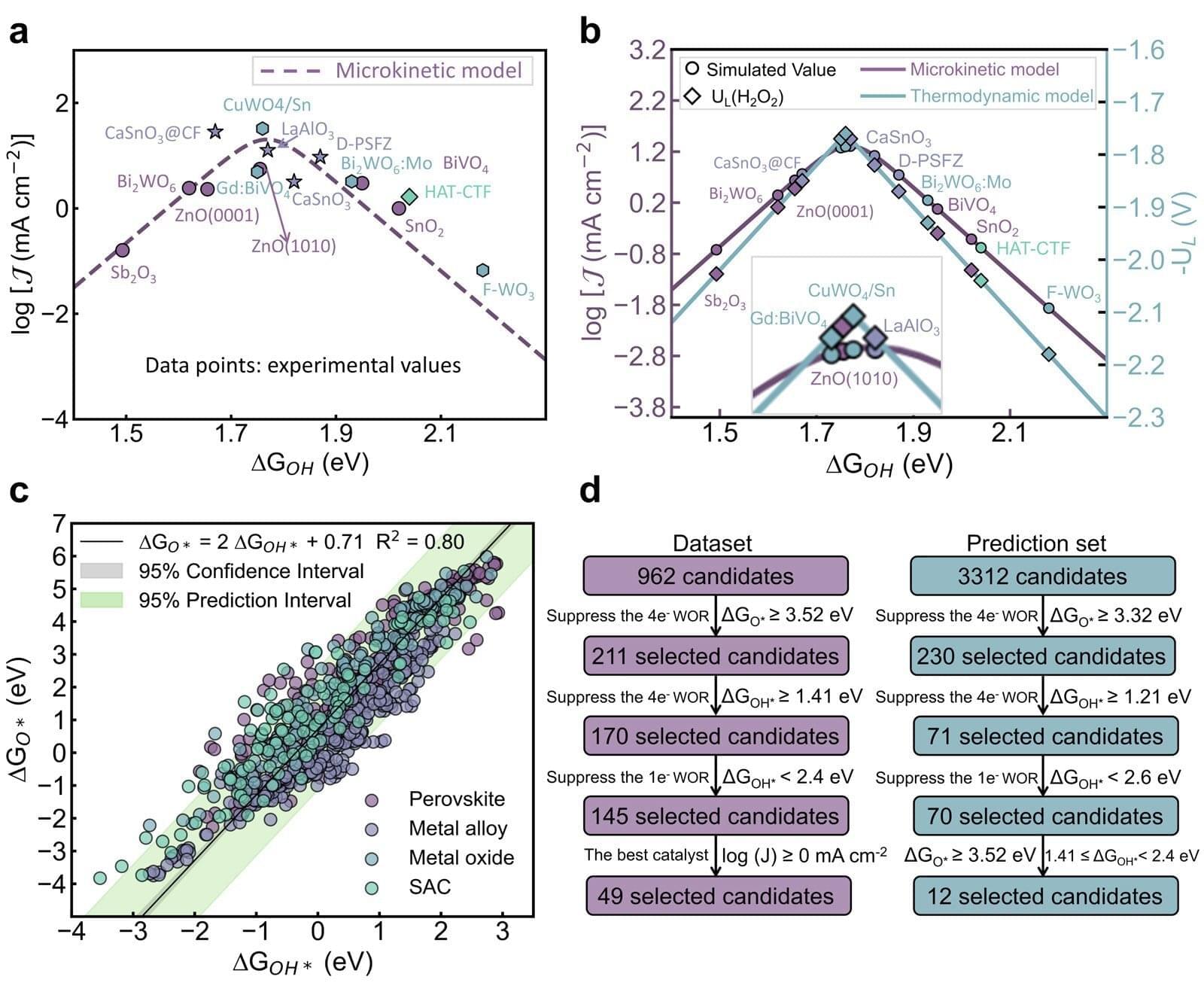Elon Musk stays on top as Nvidia’s Jensen Huang powers up the rankings on an AI-fuelled surge in fortunes


Tesla is poised to reach a $3 trillion valuation by 2026, driven by its advancements in AI, autonomous vehicles, and robotics, which are expected to outweigh its challenges in EV sales and regulatory pressures ## Questions to inspire discussion.
Autonomous Driving Deployment Timeline.
🚕 Q: What are Tesla’s specific robotaxi deployment targets for 2026?
A: Tesla aims to launch robotaxis without safety drivers in 30 cities by 2026 while significantly expanding geo-fenced areas in cities like Austin, leveraging its 10 million cars on the road to scale autonomy faster than competitors through superior data collection advantage.
🎯 Q: What evidence do investors need to see in 2026 to validate Tesla’s autonomous strategy?
A: Investors must see city-by-city proof of autonomous accuracy, achievement of true level 5 autonomy, measurable regulatory progress, and rapid scaling capability across multiple markets to confirm the long-term bullish thesis.
🏦 Invest In Luxury Dubai Property https://londonreal.tv/dubai-ytd.
🔥 Join my Crypto & DeFi Academy: https://londonreal.tv/defi-ytd.
🍿 Watch the full Ben Goertzel interview for free: https://londonreal.tv/dr-ben-goertzel-will-artificial-intelligence-kill-us/
🔔 SUBSCRIBE ON YOUTUBE: http://bit.ly/SubscribeToLondonReal.
▶️ FREE FULL EPISODES: https://londonreal.tv/episodes.
#BenGoertzel #AI #artificialintelligence #AGI #DeFi #Crypto #LondonReal #BrianRose #Cryptocurrency #Bitcoin #Ethereum #singularity #singularitynet #thesingularity.
LATEST EPISODE: https://londonreal.link/latest.
DISCLAIMER: Content on this channel references an opinion and is for information purposes only. It is not intended to be investment advice. Seek a duly licensed professional for investment advice.

Researchers at the University of Pennsylvania and University of Michigan have created the world’s smallest fully programmable, autonomous robots: microscopic swimming machines that can independently sense and respond to their surroundings, operate for months and cost just a penny each.
Barely visible to the naked eye, each robot measures about 200 by 300 by 50 micrometers, smaller than a grain of salt. Operating at the scale of many biological microorganisms, the robots could advance medicine by monitoring the health of individual cells and manufacturing by helping construct microscale devices.
Powered by light, the robots carry microscopic computers and can be programmed to move in complex patterns, sense local temperatures and adjust their paths accordingly.

Scientists at HSE University have found that current AI models, including ChatGPT and Claude, tend to overestimate the rationality of their human opponents—whether first-year undergraduate students or experienced scientists—in strategic thinking games, such as the Keynesian beauty contest. While these models attempt to predict human behavior, they often end up playing “too smart” and losing because they assume a higher level of logic in people than is actually present.

Hydrogen peroxide is widely used in everyday life, from disinfectants and medical sterilization to environmental cleanup and manufacturing. Despite its importance, most hydrogen peroxide is still produced using large-scale industrial processes that require significant energy. Researchers are thus seeking cleaner alternatives.
A team of researchers has made a breakthrough in this regard, developing a new computational framework that helps identify effective catalysts for producing hydrogen peroxide directly from water and electricity.
The work focuses on the two-electron water oxidation reaction, an electrochemical process that can generate hydrogen peroxide in a more localized and potentially sustainable way.



